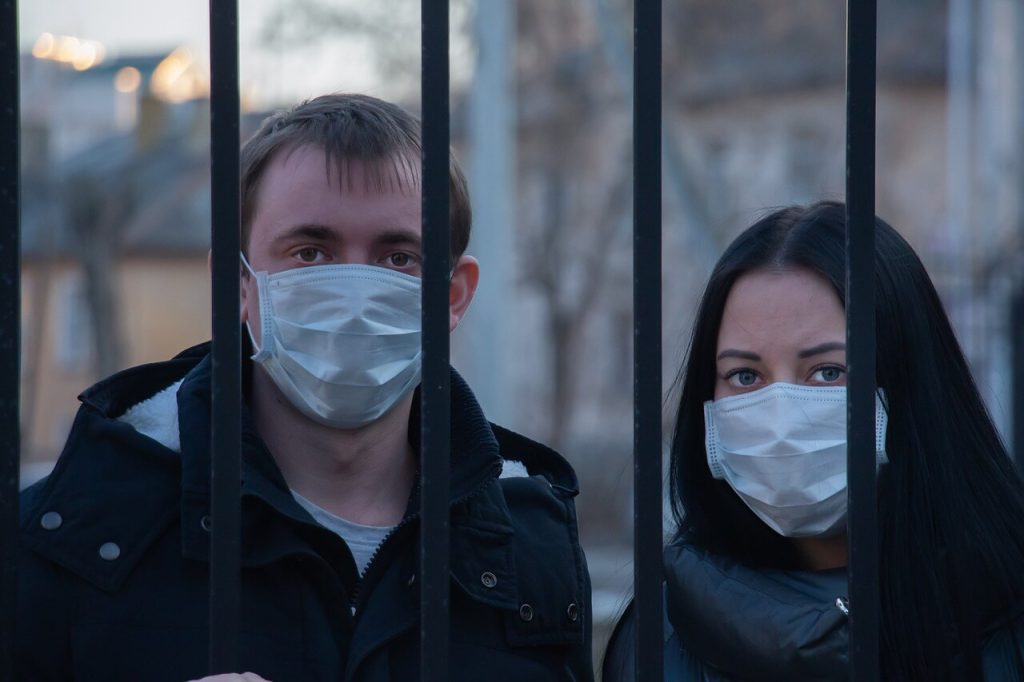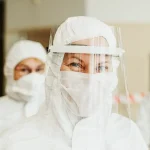“In the three days of this week, we had 2,265 new cases, while in the first three days of last week, we had 1,547. The incidence is 222.7, the lowest being in Istria County and highest in Primorje-Gorski Kotar County,” said Krunoslav Capak, head of the Croatian Institute of Public Health.
In EU rankings, Croatia is seventh with the lowest incidence. Today 16.7% of the test results were positive (1,445 cases).
British variant detected in 50% of samples
Speaking of new variants, Capak said the British one was present in more than 50% of the sequenced samples.
“These new variants spread somewhat faster, and due to vaccination, nicer weather and the favourable situation we have had, people have relaxed. There is more and more socialising, gatherings, which is the biggest risk for the spread of coronavirus infection,” he said, adding that the classic epidemiological measures were also effective against the new variants.
Asked if Croatia was in a third wave of the epidemic, Capak said it was difficult to say but that the important thing was to continue to fight to cut down the numbers of new cases, hospitalisations and deaths.
Speaking of the 12-year-old girl who died of COVID in the past 24 hours, Capak said she had a serious cardiovascular comorbidity.
He went on to say that less than 30% of people had refused the AstraZeneca vaccine.
Asked if the ministers who had recovered from COVID would be given that vaccine to promote it and if the vaccination of people over 65 with AstraZeneca would be suspended for fear of side effects, Capak said the response team was not considering either.
He said “we believe we have no reason” to suspend the administration of AstraZeneca to those over 65, adding that the European Medicines Agency’s “commission on side effects is intensively investigating all side effects.”
He said there was no difference in the occurrence of side effects with either Pfizer or AstraZeneca and that it was 0.5% in each.
Božinović: Existing regime should stay
The head of the national response team, Interior Minister Davor Božinović, said the existing regime of restrictions should stay and that possible changes should be made at county level.
Asked if restrictions would be tightened ahead of Easter, he said this regime could be kept up only if everyone was responsible and disciplined.
“In recent days the virus has been rapidly spreading in some parts of Croatia, so the measures should be considered at county level. Serious measures are in force, although they are the least restrictive in the European Union, and we will keep this regime only if everyone assumes responsibility.”
Božinović said some counties were already tightening restrictions based on their epidemiological situation.
He would not comment on the suspension of vaccination with AstraZeneca in some countries despite there being no proof that some deaths were related to the vaccine. “We always explain the background of our decisions transparently and publicly, including this one to continue to administer AstraZeneca.”
The head of Zagreb’s Infections Diseases Hospital, Alemka Markotić, said she could not say how big the increase was in the multisystem inflammatory syndrome in children, adding that the outcomes of the children treated in her hospital were continually good and that the percentage was not high.
“The important thing is that the syndrome has been recognised. Our doctors manage to deal with it well and there are no major problems for now.”
For more about COVID-19 in Croatia, follow TCN’s dedicated page.











